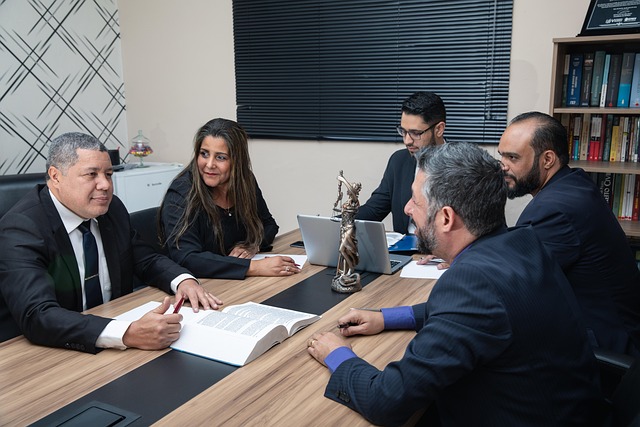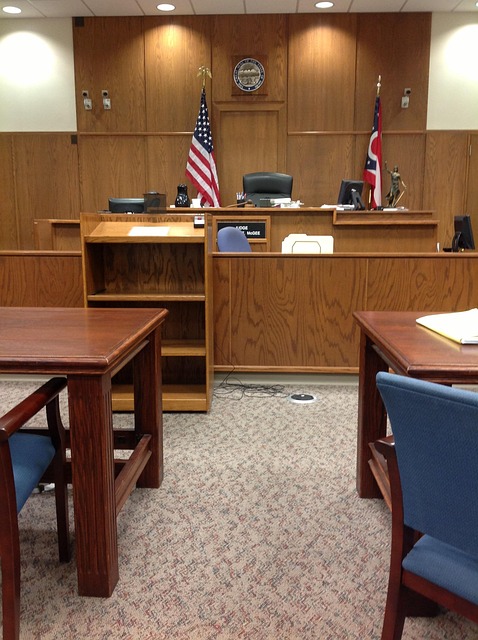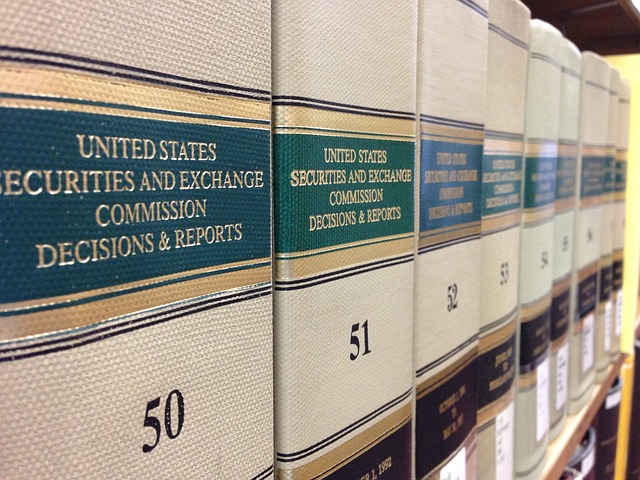In Kentucky, church sexual assault victims have legal rights regardless of religious affiliation under state and federal laws. Consulting an experienced attorney is crucial for guidance due to the complex dynamics. Victims can seek civil lawsuits or criminal charges against responsible parties, with law enforcement playing a vital role in investigation and support. Louisville offers robust resources for survivors, including counseling, legal aid, and specialized services from dedicated organizations and church communities. Attorneys representing victims must tailor strategies to address unique challenges within religious contexts.
In Louisville, Kentucky, clergy sexual assault cases present unique challenges. This article explores crucial aspects of legal representation for survivors, delving into state laws specific to church-related assaults. We navigate options for victims, discuss law enforcement’s role, and highlight support resources in the city. Additionally, we offer strategies for effective legal representation, providing a comprehensive guide for understanding and pursuing justice within the context of church sexual abuse.
Understanding Church Sexual Assault Laws in Kentucky
In Kentucky, church sexual assault laws are governed by both state and federal regulations, reflecting a complex interplay between secular and religious institutions. It’s crucial to understand that while religious organizations enjoy certain legal protections, they are not exempt from liability in cases of sexual misconduct involving clergy members. The Church is held to a higher standard when it comes to protecting vulnerable individuals within its care, especially minors.
Kentucky law recognizes sexual assault as a serious crime, and victims have legal rights regardless of the perpetrator’s affiliation with a church. If you or someone you know has experienced sexual abuse by a member of the clergy in Louisville, it’s essential to seek guidance from an experienced attorney who specializes in such cases. They can help navigate the legal landscape, ensuring your rights are protected and providing the support needed during this challenging time.
Navigating Legal Options for Victims of Clergy Abuse
Navigating legal options after experiencing clergy sexual assault can be a challenging and often intimidating process for victims in Louisville, Kentucky. The unique dynamics involved in such cases require specialized knowledge and understanding. Many survivors may feel overwhelmed by the legal system and unsure where to turn.
Victims of church-related abuse have specific rights and avenues for justice. It is essential to seek professional legal counsel from attorneys with experience in handling these sensitive matters. They can guide individuals through the process, ensuring their rights are protected. This may involve filing civil lawsuits against the responsible parties, seeking criminal charges, or both, to hold accountable those who have committed such offenses within the church community.
The Role of Law Enforcement in Cleric Assault Cases
In cases of clergy sexual assault, law enforcement plays a pivotal role in ensuring justice and support for victims. When a victim comes forward with allegations against a member of the clergy, local police are often the first to respond and initiate an investigation. They gather evidence, interview witnesses, and work collaboratively with prosecutors to build a strong case. Louisville Kentucky’s law enforcement agencies have specific protocols in place to handle these sensitive matters discreetly, maintaining confidentiality while adhering to legal obligations.
The process involves careful handling of evidence, including digital forensics and documentation of interviews, to protect the victim’s privacy and ensure the integrity of the investigation. Law enforcement also facilitates the connection between victims and support services within the church community or external organizations specializing in helping survivors of sexual assault. This dual role of investigating the crime and providing resources is crucial in navigating the legal system while offering emotional support to those who have experienced trauma within a religious setting.
Support Resources for Survivors in Louisville
In the aftermath of experiencing clergy sexual assault, survivors in Louisville, Kentucky, can find support through various resources tailored to their needs. Many organizations within the city and its surrounding areas specialize in assisting individuals who have suffered abuse within institutional settings, including churches. These groups offer confidential counseling, legal aid, and advocacy to help survivors navigate the complexities of seeking justice and healing.
Local church communities also play a significant role in supporting victims by fostering an environment of safety and understanding. They often provide access to specialized services, support groups, and resources that can facilitate the recovery process. With proper guidance and assistance, survivors can take crucial steps towards healing and rebuilding their lives, ensuring they are not alone in their journey toward justice and peace.
Strategies for Effective Legal Representation in Church-Related Assaults
When representing individuals who have experienced clergy sexual assault within Louisville’s religious communities, attorneys must adopt tailored strategies that navigate unique challenges. These cases often involve complex dynamics where trust and confidentiality are paramount. Lawyers should foster an environment of safety and support for their clients, ensuring they feel heard and respected. Building rapport and cultivating a deep understanding of the individual’s spiritual background can be instrumental in gaining their cooperation and securing sensitive information.
Effective legal representation entails meticulous investigation, including reviewing church policies, procedures, and records related to the incident(s). Attorneys should also proactively engage with relevant religious authorities to understand their internal processes for handling such matters, while maintaining clear boundaries to avoid potential conflicts of interest. Leveraging expertise in both criminal law and church governance can significantly enhance the representation, ensuring just outcomes within the specific context of the church.






